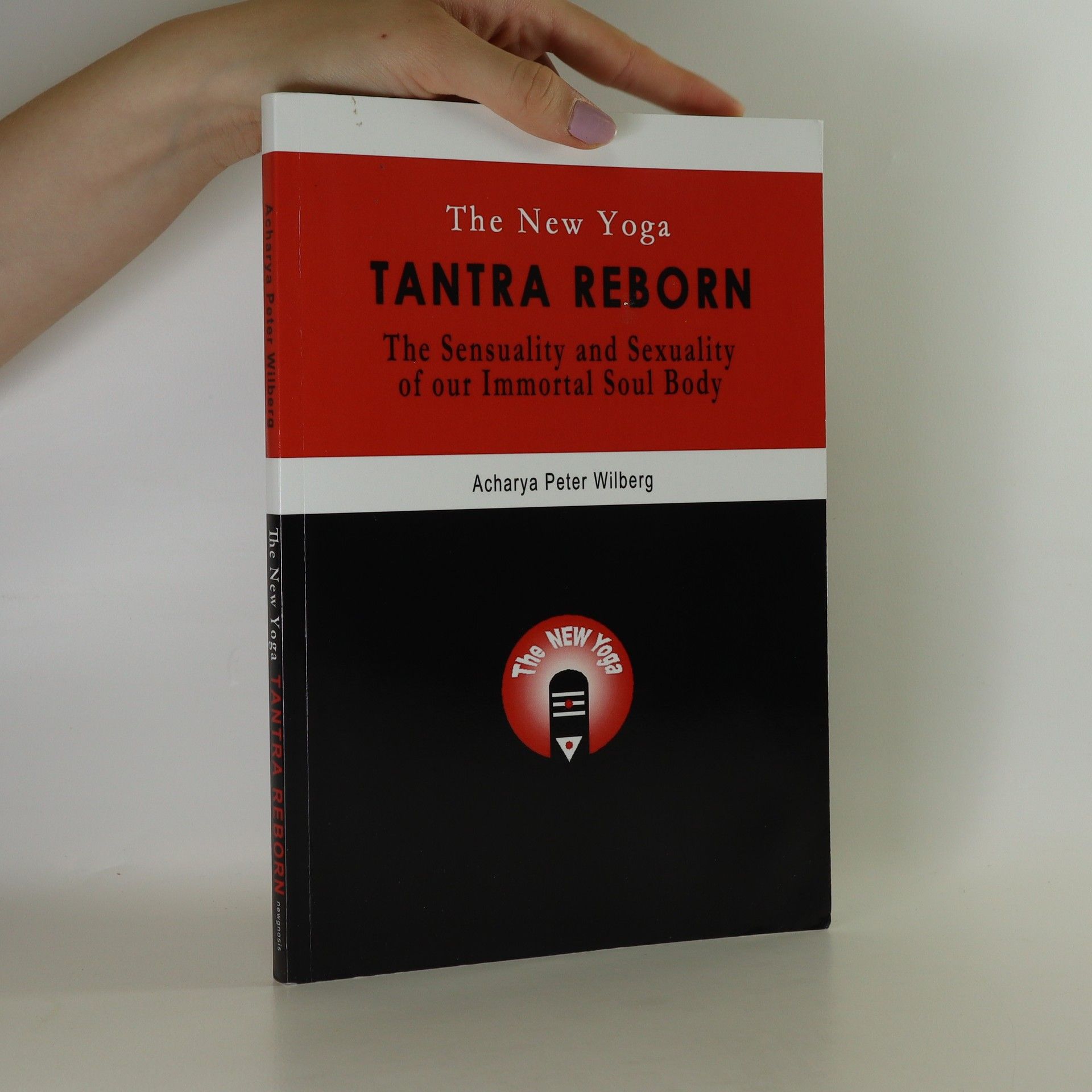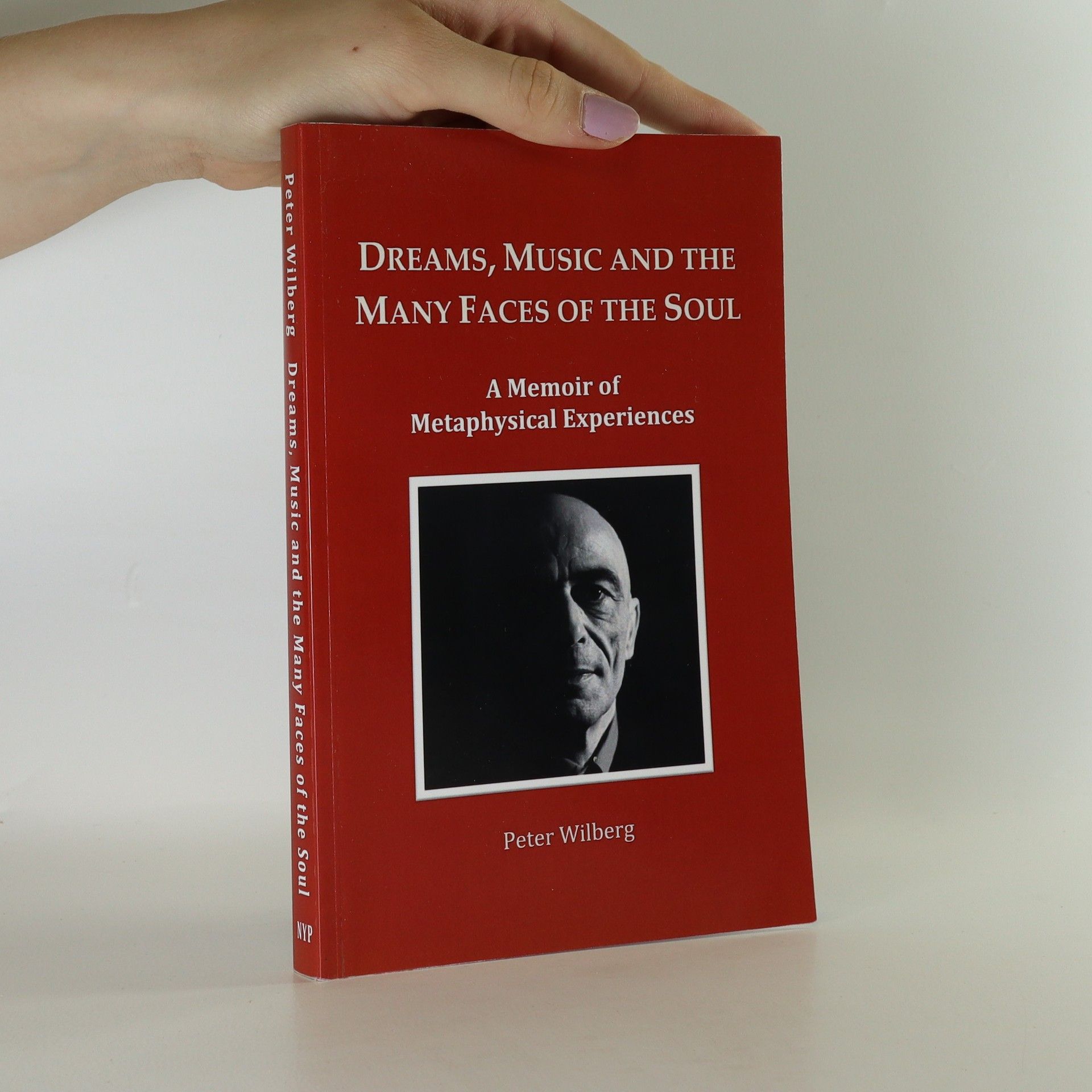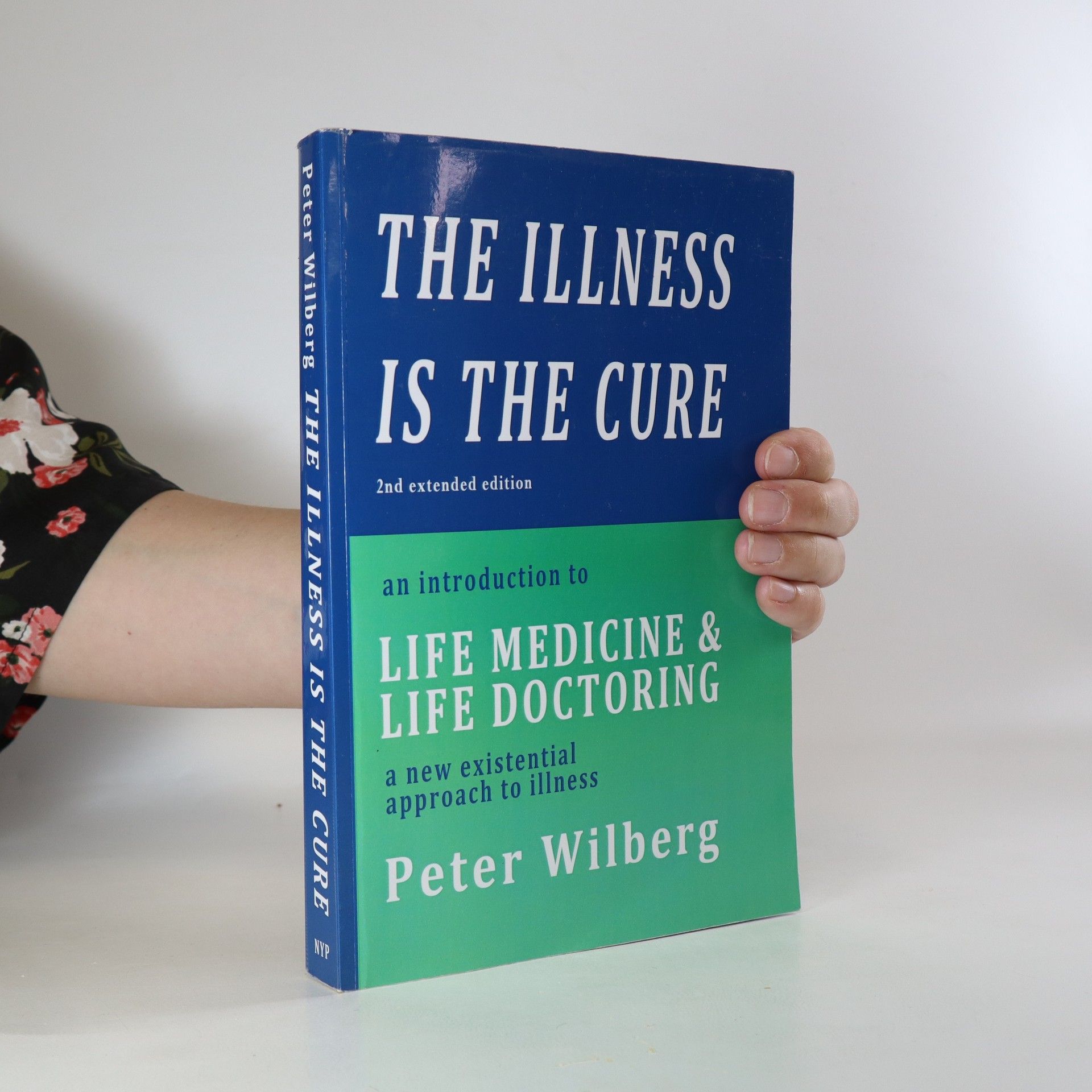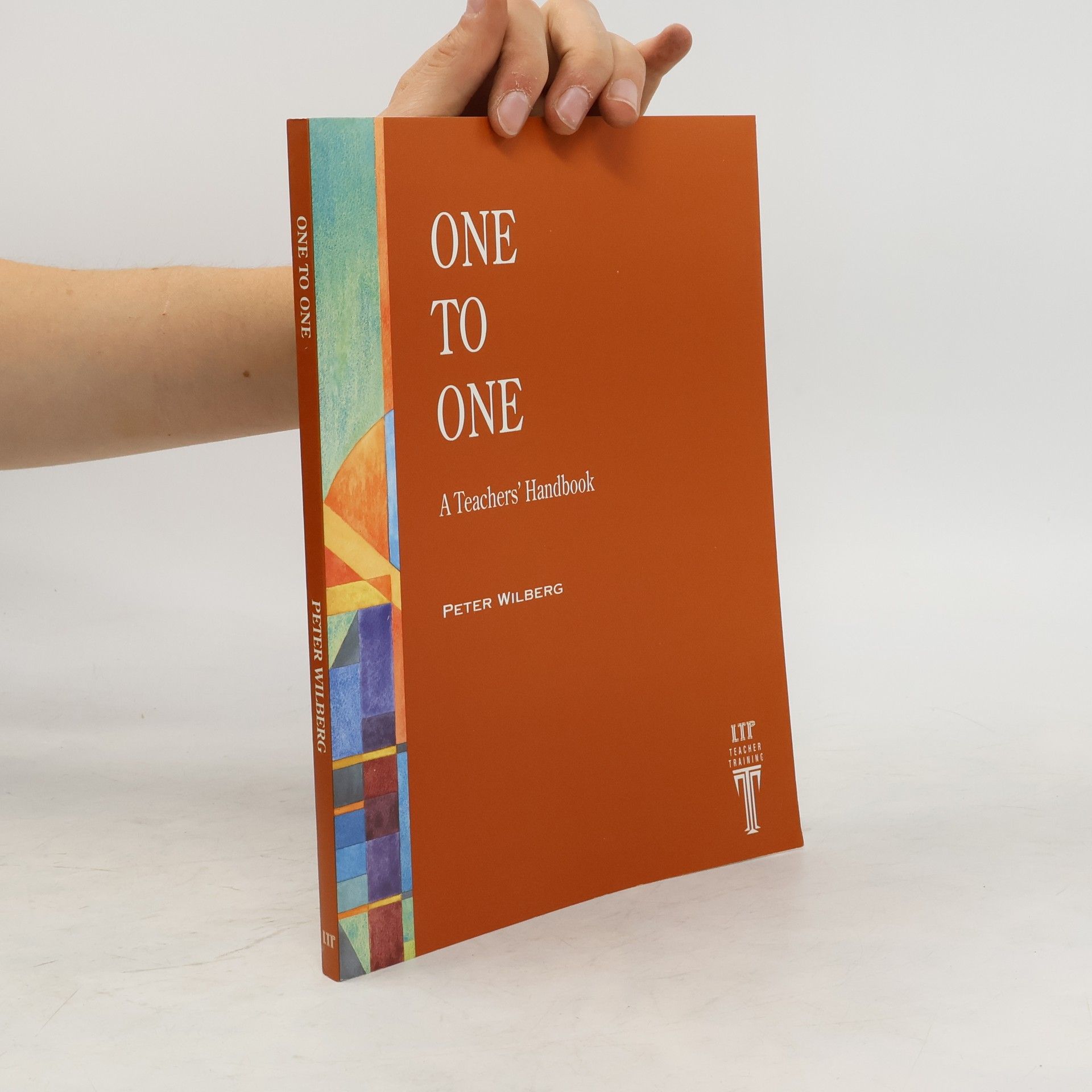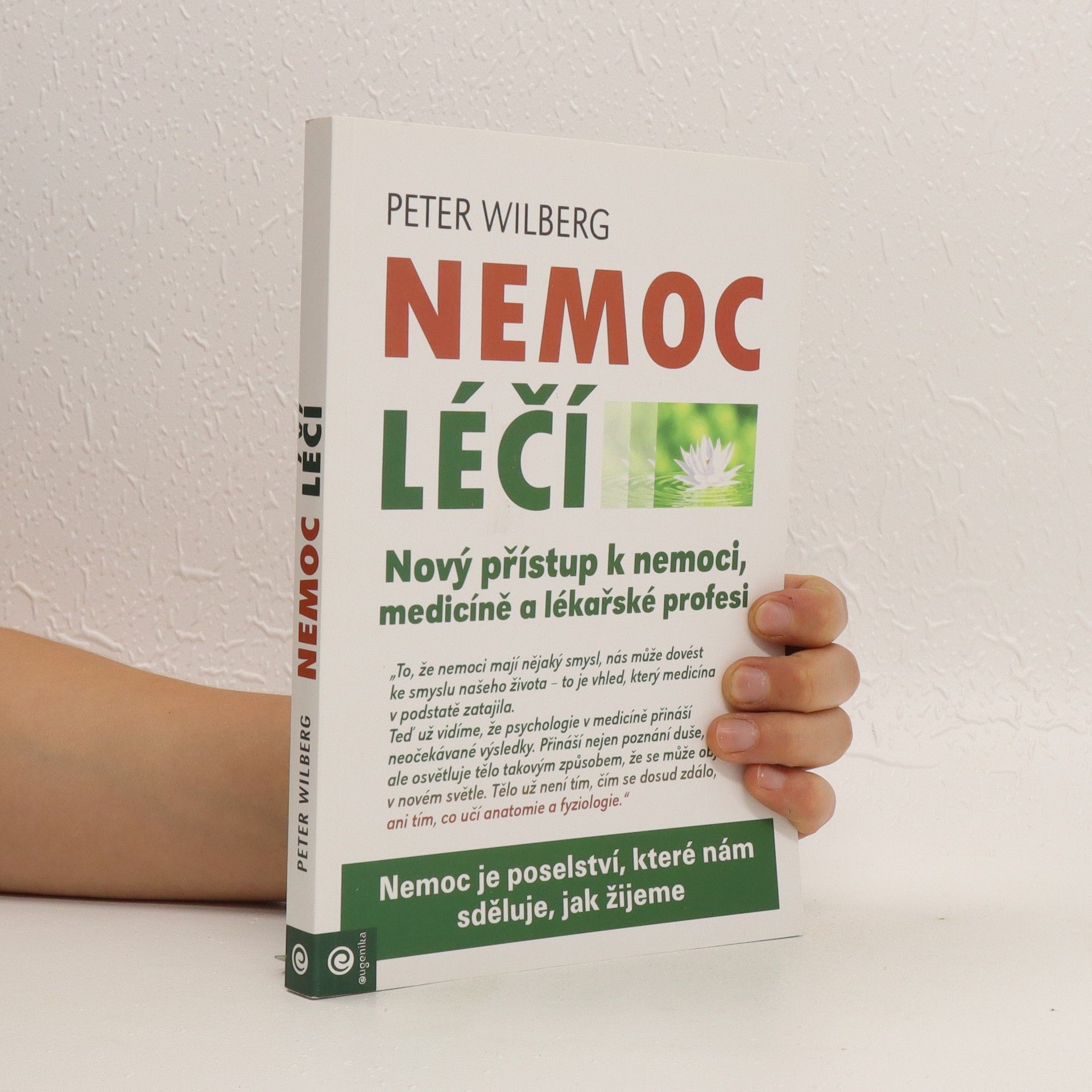Head, Heart and Hara
- 164pages
- 6 heures de lecture
An ancient Daoist saying tells us "When you are sick, do not seek a cure. Find your centre and you will be healed." The centre it refers to is located deep in the sensed interiority of our belly, that abode of the soul known in Japanese as hara. 'Depression' (a word with no equivalent in Japanese) is, in essence, a lack of hara. With hara awareness we not only recontact our own innermost soul depths and soul centre. We learn to make contact with others from that centre - to experience true intimacy of soul. Hara awareness is both an alternative to medical and psychiatric 'cures' and the basis for a genuinely psychological medicine - an anatomy of the soul-body. Head, Heart and Hara contrasts the head- and heart-centred culture of the West with the hara culture of Japan. It also shows how hara awareness can unite the primordial wisdom of both East and West. Peter Wilberg brings together the dao of Lao Tse and the logos of Heraclitus in a new spiritual anatomy of the soul and its body.

